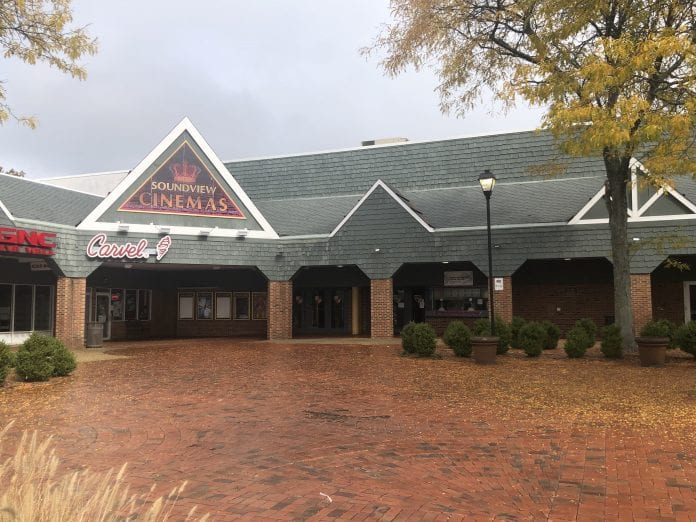A lawsuit filed by the Soundview Cinemas in Port Washington against its insurance company regarding economic losses it sustained as a result of having to shut down operations due to state mandates during the COVID-19 pandemic has been dismissed.
In a filing dated Feb. 10, Justice Timothy S. Driscoll of the Supreme Court’s Commercial Division approved a motion to dismiss the suit from the defendants, who included the Blue Point-based insurance brokers Five Star Coverage Corporation and Wilkinson & Krause Agency Inc.; as well as insurance companies including the Ohio-based Great American Insurance Group, the Great American Insurance Company of New York, and Jimcor, Inc.
Soundview, which had an insurance policy covering direct physical loss of or damage to the property, had accused the defendants of breach of their insurance policy, negligence, failing to properly procure insurance, and for breach of fiduciary duty, and said that it had submitted a notice of loss claim on Mar. 16, but the request was rejected.
Driscoll found in his decision that Soundview made no inquiry to the brokers or its insurance company regarding specific insurance coverage that would apply to “these unprecedented times.” The justice also noted that there was no indication that any such coverage for pandemic-related government closures even existed before the onslaught of the pandemic.
“While the court is sympathetic to the economic consequences resulting from the closure of plaintiff’s movie theater, the court concurs with the majority view that loss of the premises due to COVID-19 related government orders does not constitute ‘direct physical loss of or damage to the property’ that would trigger business income coverage under the policy,” Driscoll wrote.
The ruling may prove to be a precedent in future cases concerning insurance payouts and the pandemic. Kevin Buckley, a partner with Mound Cotton Wollan & Greengrass who represented Great American, touted the ruling as a “first of its kind” in a statement to the New York Law Journal, and said the decision would provide guidance to attorneys in similar disputes.
“I think this is the first of many we’re going to see from New York courts,” Buckley told the Journal. “To date, no [New York] state court has issued any decision that we’re aware of…Most of these policies borrow language from one another, so much of the language is pretty consistent throughout the industry.”
The movie theater originally closed when New York State guidelines dictated so on Mar. 16, 2020, and did not reopen on Oct. 23, when the state approved cinemas to reopen at reduced capacities. At the time, Desner told Blank Slate Media that Cuomo “would have done the same thing by keeping us closed” since no major movies were in release at the time.
Months after the theater initially closed, in December the shopping center enclosing it was purchased by New York-based Sagamore Hill Partners and Florida-based PEBB Enterprises for an undisclosed amount. Whether the cinema will close as a result of the purchase is unknown as of yet.



